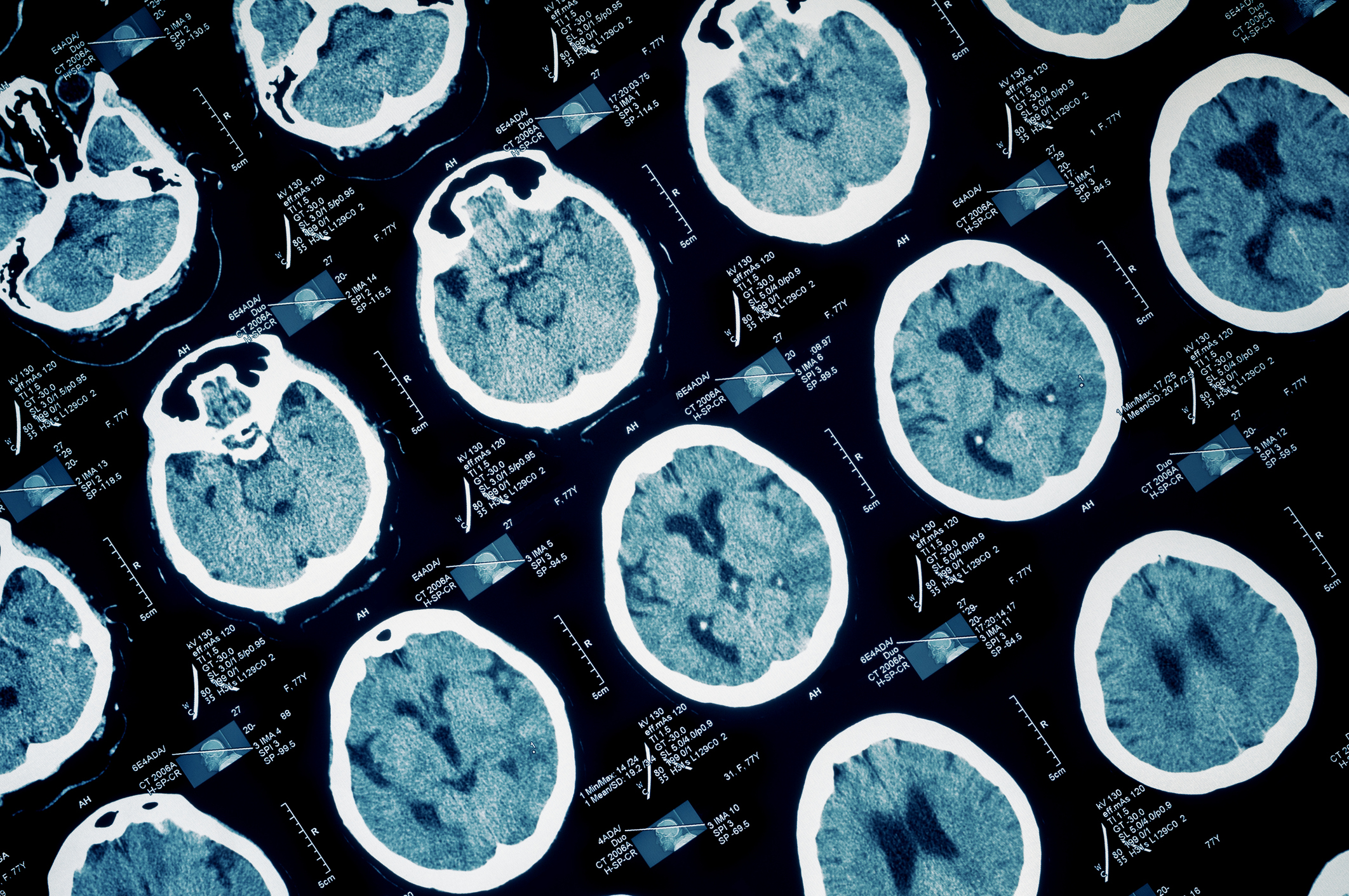In May 2018 the BC Legislature passed Bill 20, creating major limitations on compensation for innocent victims of motor vehicle accidents. Starting on April 1, 2019, people whose injuries fall within the government’s definition of “minor injury” will be entitled to no more than $5,500 as compensation for their pain and suffering.
When the government passed Bill 20, it reserved the right to expand the definition of “minor injury” through later Regulations. This allows the government to further limit injured people’s rights without any debate in the Legislature. The government has now released those Regulations, which go even further than Bill 20 in drastically limiting injured people’s legal right to fair compensation for their injuries.
Under the new legislation, a “minor injury” includes mild traumatic brain injuries (concussions), psychiatric conditions, chronic pain syndromes, and whiplash associated disorders; conditions that are often debilitating and can severely impact a person’s ability to live a healthy and happy life. Characterizing such injuries as “minor” is perverse, and flies in the face of well-established medical evidence, and the personal experiences of tens of thousands of British Columbians.
For a mild traumatic brain injury to be considered anything more than a “minor injury”, the symptoms must persist for more than 4 months, and must also cause an “inability” to perform activities of daily living or the “essential” tasks of the victim’s employment or education, even after receiving accommodation from the person’s employer or school. This means that an accident victim with a mild traumatic brain injury causing memory loss, headaches, irritability, depression, and difficulty concentrating, must prove that the injury is disabling for at least four months, despite all efforts to compensate for such deficits. Even a permanent brain injury will be considered minor if it does not result in a disability.
Other injuries, such as PTSD, depression, chronic pain, and whiplash associated disorders, will also be considered “minor” unless the symptoms persist for at least 12 months, and cause a “serious impairment” that “is not expected to improve substantially”. This means that for the majority of people injured in car accidents in British Columbia, after April 1, 2019, unless their injuries are permanent and disabling, the government and ICBC will consider them to be “minor injuries” not worthy of compensation.
It is outrageous that our government and ICBC believe brain injuries, chronic pain, and psychiatric conditions are “minor injuries” not worthy of compensation. We therefore encourage all British Columbians to contact their local MLA, Prime Minister Horgan, and Attorney General David Eby, to let them know they will not accept this unprecedented attack on the rights of injured people. It is also now more important than ever for victims of motor vehicle accidents to seek legal advice before discussing their injuries with ICBC, whether the accident occurs before or after April 1, 2019.


